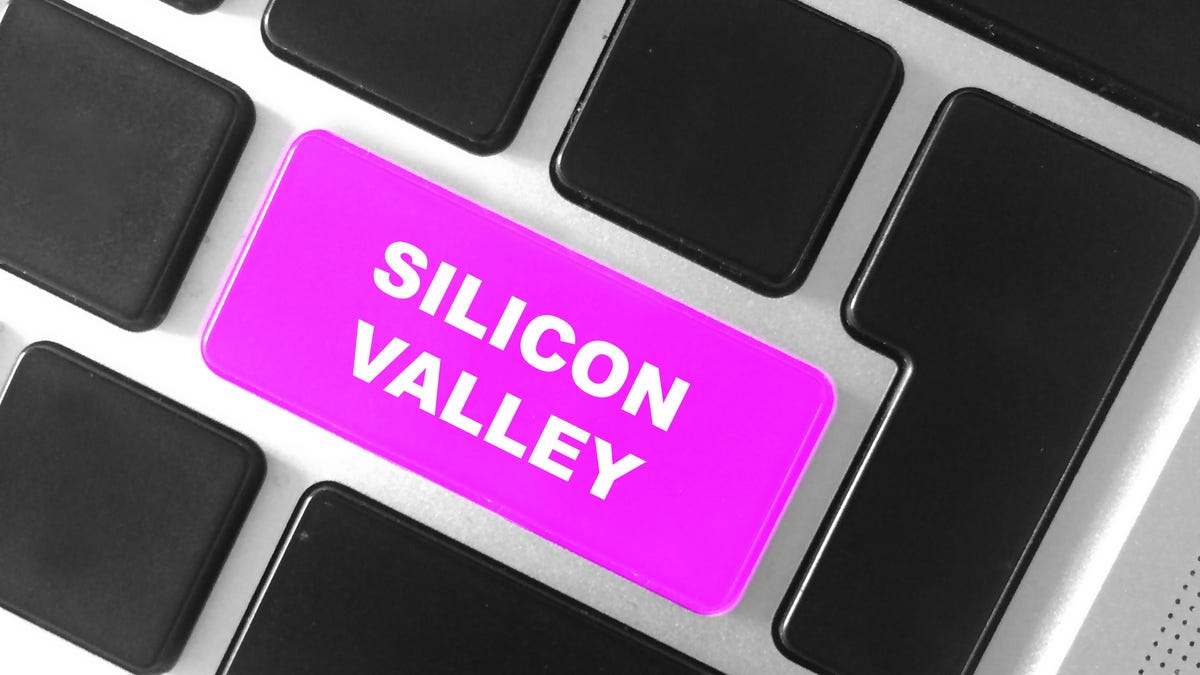Even Silicon Valley workers want more regulation of the tech industry
A survey of tech workers finds that even they think people's data is shared too much and their companies are failing to stop security threats.

With lawmakers, presidents, advocates and venture capitalists lining up to criticize the tech industry's missteps in the last couple years, you'd think that'd be enough. But no: Even the tech industry's own employees are fed up.
A new survey of 1,500 respondents from the Edelman Trust Barometer conducted around California in January found the endless string of scandals that have hit tech giants like Facebook , Google and Uber have taken their toll. More than half of tech industry employees now say that their data is shared too much and that companies have failed to protect our data.
Edelman's surveys also found falling trust in the tech industry to do the right thing. Now, surveys show, people have more faith in marijuana growers and dispensaries than they do social media companies.
Silicon Valley workers are often criticized as out of touch. But surveys show they're aware of tech companies face.
It's no surprise then that 59 percent of respondents say the tech industry should be more regulated than it is now, up from 46 percent last year.
The results are the latest sign of how far the tech industry's star has fallen in recent years. That's in part because its largest companies played central roles in social and political upheaval around the world. There's Russian election interference, propaganda that inspired war crimes, sexual harassment and one privacy breach after another, and that's just a start. The tech industry has also largely failed to move the needle on diversity efforts, after acknowledging its primarily white and male leadership and workforce need changing.
"There's a growing conscientiousness among tech workers," said Ravi Moorthy, managing director of corporate and public affairs at Edelman. He added that employees are increasingly speaking out as well, protesting everything from bad behavior by executives to company decisions they consider immoral. "It's a Spider-Man thing: 'With great power comes great responsibility.'"
Employees aren't the only people pushing tech to change. Governments around the world have been threatening ever harsher regulations on the industry, whether it be increased privacy laws in Europe or trade commission investigations in the US. In June, lawmakers in tech's back yard of California passed the toughest privacy law in the US, threatening to upend how companies do business by stopping collection and sale of personal data for anyone who requests it.
Even so, all this drama hasn't stopped tech companies from printing money hand over fist. Companies' massive profits continue to fuel tech industry salaries, pushing up housing and cost-of-living prices so high that a six-figure salary is now considered "low income."
Edelman's surveys found that those prices are having adverse effects around California. Nearly two-thirds of respondents said California's best days are behind it, and more than half are now considering moving out of state to escape high living costs. Among millennials, that figure jumps to 63 percent.
Moorthy said that's likely a driving force behind unionization talk around Silicon Valley. Employees, he said, are realizing they can use the in-demand status that netted them high salaries and stock options to change their company's politics as well.
"We're probably entering the hockey stick portion of how this plays out," Moorthy said. "Companies behaving with a social conscience is becoming the norm."
The Smartest Stuff: Innovators are thinking up new ways to make you, and the things around you, smarter.
Facebook's troubles continue to grow: What you need to know.

